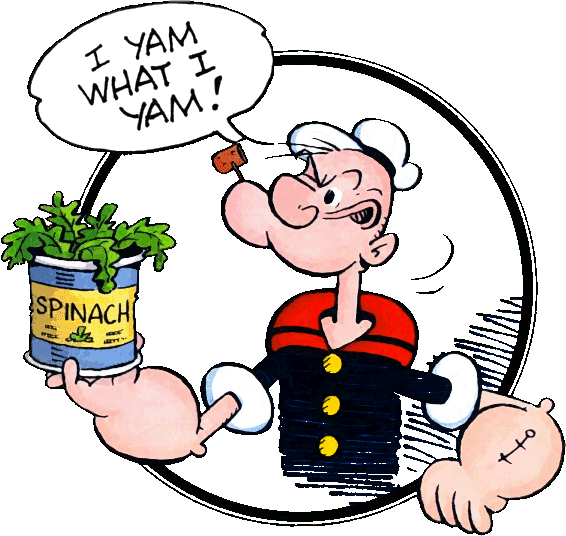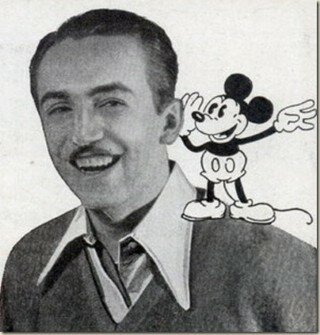 How Trauma Can Aid Our Creativity…
How Trauma Can Aid Our Creativity…
Most people would argue that in the face of failure and loss we are at our weakest stance. But I disagree. We may be at our most vulnerable and sensitive, but part of being human is feeling emotion and feeling emotion plays a big role in the creative process.
Your project failed. Your manuscript has been rejected. You’ve lost a loved one. All these feelings are painful, but it’s these painful feelings that separate us from robots and will breathe life and meaning into your ideas and creative work.
So why not use your desperation, as motivation to write/draw/create yourself out of the hardship? Why not use what you learnt the hard way to improve yourself or share your ideas with people that share the same struggles?
Art is the unravelling of the soul. It is the area in which we express our true desires and greatest fears and that’s why some of the best creations were made as product of depression or loss or anger because it’s at these times that our desires are much more prominent.
How Creativity Can Aid Our Traumas…
Traumas can bring something of a fuel and meaning to our creative work. But equally, creativity can help us resolve our traumas. Below is a list of six ways in which I believe creative methods do just that:
1) Creativity Doesn’t Care
It doesn’t care about your past or who you are today; creativity only cares about your future…
Entrepreneurial failure and other grievances can often make us feel like the world is falling down around us. We may wonder what the point of carrying on is, or lose confidence in the person we once were. This is natural. But accepting that grievance won’t help you recover from this low point in life.
The best way to recover from trauma is to think about what you still have. You may not have money, a girlfriend or a job anymore… but you still have the talents that you were born with. Innovation is free. It doesn’t care who you are, where you are or what mistakes you’ve made in the past; innovation doesn’t even care if you neglect it for a while. And that’s because it’s part of you. So why not use it to write away the past and shape out your future?
2) Creativity Can Help
It can help us resolve our internal problems in a non-invasive way…
Doing something creative, can help us to express the thoughts and feelings we naturally bury away. This means that we can admit to ourselves we feel a certain way about a certain trauma without the guilt and worry that the direct and unwanted involvement of the people around us can bring.
Picking up a pen takes seconds and it’s the easiest way to take an active step within the healing process. You have to start again sometime. So why not today?
3) Creativity Can Increase Our Self-Awareness…
 By spending time alone, expressing our unconscious, we can gather up the pieces of ourselves that we lost to trauma. Self-awareness is extremely important in the process of creation because it helps us to understand what and why we want to bring to the world.
By spending time alone, expressing our unconscious, we can gather up the pieces of ourselves that we lost to trauma. Self-awareness is extremely important in the process of creation because it helps us to understand what and why we want to bring to the world.
Having a purpose will help us to put aside our feelings for a while, build our confidence and a sense of worth within ourselves. And there are no other factors that are more important for the healing and recovery process.
4) Creativity is Relaxing for Our Minds…
In hard times it seems like the world is made up of nothing but boundaries. But your ideas don’t come from the world they come from your world and in your world there are no boundaries and this is why creative people often talk about their work as being relaxing. Because it’s not work at all.
When the door is shut, the only opinion that matters is you. You are in control. And it maybe that this is the only area of your life that you feel in control of right now, but that’s okay. Sometimes recovery is the best way that we can build our strengths up again.
5) Traumas Can Make Us More Daring…
Failure can strip away all the distractions and excuses that we have for not taking a certain opportunity or spending time on a certain area, and this is mostly because if we lose everything we have nothing left to lose.
So remember, when you have nothing else that your creations are something that will stay with you when nobody else will and that you are fully in control of how you use them. If you’ve lost your job, don’t think about it as one door shutting… but another opening.
6) Creativity Can Help People With Similar Traumas…
What makes a novel a best seller, a painting a work of art and an idea a revolution is people. And if people are what make a creation loved and a product a success then surely, as self-developers, we should be looking at what attracts the people.
And it’s always the same. People love, what they know. And if people can relate to your desires, and aims and sadness then people will love what you do. So why not use your current sorrows to aid your work?
Despair is like cycle in my eyes because when feel despair we write it/ draw it down and when we write it/ draw it down we resolve the pain.
Two good examples of this in action come from J.K Rowling and Steven King. Both of these characters used their creative talents to make something out of their trauma and it added so much more depth to their work and fuel to their worker’s ethic in return.
Stephen King and J.K Rowling: Writing your way out of trauma…
How was I supposed to write about dialogue, character and getting an agent when the most pressing thing in my world was how long until the next dose of Percocet? – Stephen King
 In 1999, Stephen King went out in the afternoon for a walk around the area and was hit by a van. Being hit by a van is, in itself, quite the traumatic experience; but the after math was perhaps the most knocking for the best-selling fiction author.
In 1999, Stephen King went out in the afternoon for a walk around the area and was hit by a van. Being hit by a van is, in itself, quite the traumatic experience; but the after math was perhaps the most knocking for the best-selling fiction author.
He was confined to a wheelchair, aching all over and completely dependent on his wife Annie. It hurt for the author to even sit at a desk, let alone to continue writing ‘On Writing’ an autobiography that he had begun before his accident.
But that didn’t stop King from continuing the job he had to do. Being close to death reminded the author that he had a purpose to fulfil and that he was still the same person that he was before the accident. Physically, the pain was still there.
But writing took his mind off the trauma for a while, and again gave him a purpose to get better. Trauma became a motivation for his writing, and vice versa. Since he has published many successful novels; On Writing included.
A mere seven years after my graduation, I had failed on an epic scale. An exceptionally short-lived marriage had imploded, and I was jobless, a lone parent and as poor as it is possible to be in modern Britain without being homeless. The fears that my parents had had for me, and that I had had for myself, had both come to pass, and by every usual standard, I was the biggest failure I knew. – J.K Rowling
 When J.K Rowling wrote Harry Potter she was broke, depressed and grieving for the loss of her marriage and mother. Everywhere she turned; the world demanded something from her and the only escape she could find was through her writing.
When J.K Rowling wrote Harry Potter she was broke, depressed and grieving for the loss of her marriage and mother. Everywhere she turned; the world demanded something from her and the only escape she could find was through her writing.
Her depression turned into the dementors. Fictional villains who feed on the soul her loss produced the orphan Harry. A character of whom the readers empathized and related too. And her determination to write herself out of that life, made her millions.
And the lesson to be learnt here is that pain is an excuse to create; not an excuse to give up. I’m not saying trauma is easy. I’m not saying it’s a tool to use, or something that we should take lightly because it can really knock our confidence as self-developers and make us feel lost.
But what I am saying is that a great way to recover from trauma and find yourself again is to use creative and beneficial methods because if we use our pain economically it can also be turned into art.
For more information about Stephen King, J.K Rowling or Failure, visit our blog history or click the links above.
Wrote by Aimee Hall




